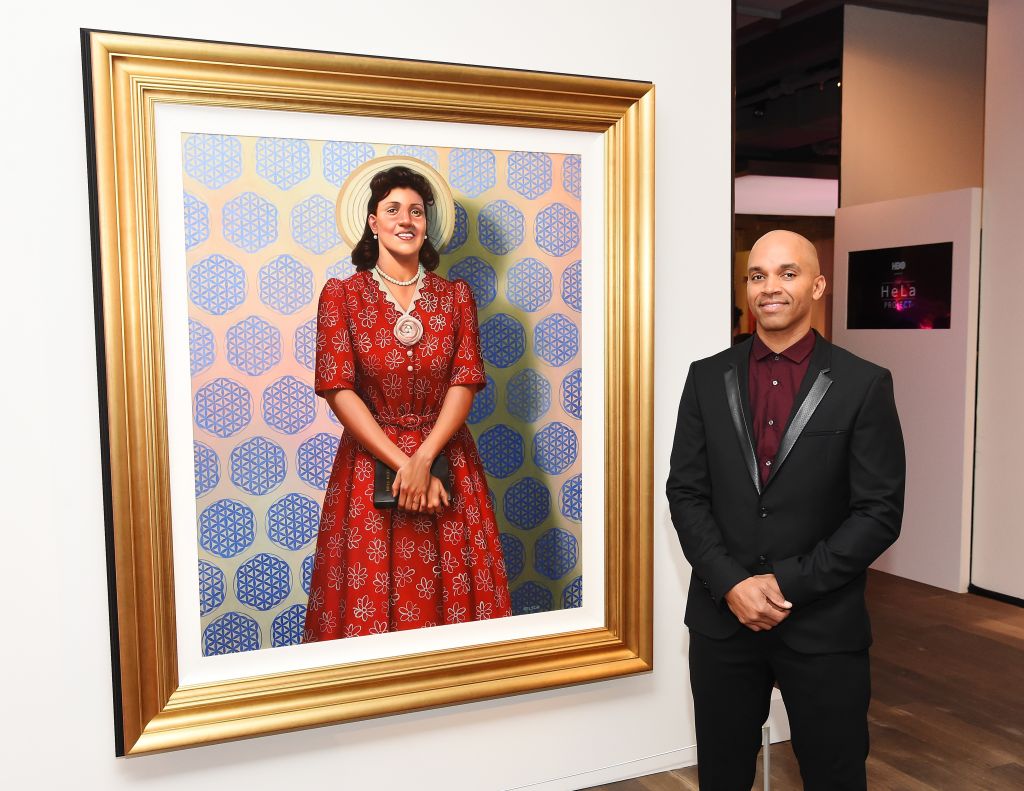Cancer: Study To Asses High Risk Of Disease In Black Women
New Study To Evaluate Why Black Women Face Higher Mortality Rates From Cancer

Source: LWA/Dann Tardif / Getty
A new study launched by the American Cancer Society, will investigate why Black women experience disproportionately higher mortality rates from different types of cancer.
On May 7, the American Cancer Society initiated the VOICES of Black Women study, aiming to enroll over 100,000 Black women ages 25 to 55 in the United States. The study seeks to evaluate whether lifestyle factors and healthcare racism and biases impact their susceptibility to cancer development or mortality. Eligible participants may not have a history of cancer upon enrolling as the study will follow select candidates for a 30 year period to assess how and when the disease develops.
Overall, Black individuals have a higher likelihood of succumbing to most cancers and experiencing the shortest survival period following a cancer diagnosis compared to other racial and ethnic groups, according to the American Cancer Society. As of 2019, breast cancer emerged as the leading cause of cancer-related deaths among Black women.
Black women face a 40% increased risk of mortality from breast cancer despite having a 4% lower incidence rate of breast cancer compared to white women. Some types of cancer, such as triple-negative breast cancer — an aggressive form of the disease — is more prevalent among Black women and tends to be harder to treat. This can contribute to poorer outcomes compared to other racial and ethnic groups.
Black women also face a 60% higher risk of mortality from cervical cancer compared to white women, and they are nearly twice as likely to succumb to endometrial cancer.

Cancer Cell Source: koto_feja / Getty
Why are Black women dying from cancer?
The persistence of these disparities is multifaceted but is primarily rooted in structural racism, leading to inequities in the social determinants of health, including healthcare access. Socioeconomic disparities are linked to a greater prevalence of risk factors for cancer and other illnesses, as well as limited access to high-quality and timely cancer prevention, early detection and treatment services. Insufficient health insurance coverage remains a significant contributing factor.
“Historic mistrust” in the medical system is also a huge part of the complicated puzzle, Dr. Alpa Patel, a co-principal investigator behind the VOICES of Black Women study, told NBC News

Portrait of Henrietta Lacks Source: Nicholas Hunt / Getty
The medical exploitation of Black women’s bodies can be traced back to the late 1800s, when the infamous James Marion Sims, recognized as the “father of modern gynecology,” conducted painful and unmedicated experiments on the bodies of enslaved Black women to pioneer tools and surgical techniques pertaining to women’s reproductive health.
There’s also Henrietta Lacks, an African American woman whose cells were taken without her consent during a medical procedure in 1951. These cells, known as HeLa cells, became the first human cells to be successfully cultured and reproduced indefinitely in a laboratory setting. HeLa cells have been instrumental in numerous medical breakthroughs, including the development of the polio vaccine, cancer research and understanding cell biology.
Patel said the American Cancer Society will work closely with Black health experts who understand the unique needs and cultural nuances of Black women to help quell fears about participating in the study.
“It’s been really front and center for us to ensure that we’ve partnered with Black women to understand how to build this study in a way that is respectful,” she added.
See Also:
Medical Racism: Black Med Student’s Viral Tweet Spotlights False Beliefs About Skin Color And Racism


















